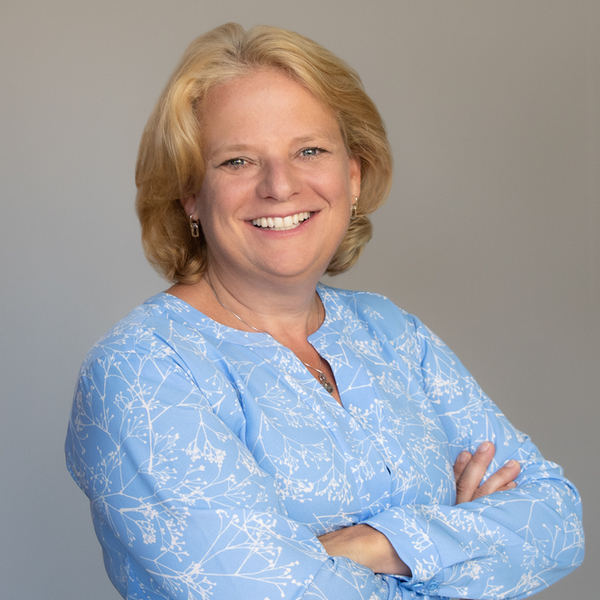 Patty received her AA from Simon’s Rock and later attended the University at Albany,
SUNY for her BA and the American University School of International Service for her
MA. She is the president and CEO of the Center for Disaster Philanthropy and has over
25 years of experience in humanitarian relief and post-conflict development. Throughout
her career, she has focused on improving the effectiveness and impact of the aid sector,
having served overseas for 17 years, primarily in Africa and the Middle East. She
is also a professor at Georgetown University and a sought-after speaker and regular
contributor to media outlets and leading industry blogs on nonprofits, philanthropy,
humanitarianism, disasters, and equitable recovery. She lives in Washington, D.C.
Patty received her AA from Simon’s Rock and later attended the University at Albany,
SUNY for her BA and the American University School of International Service for her
MA. She is the president and CEO of the Center for Disaster Philanthropy and has over
25 years of experience in humanitarian relief and post-conflict development. Throughout
her career, she has focused on improving the effectiveness and impact of the aid sector,
having served overseas for 17 years, primarily in Africa and the Middle East. She
is also a professor at Georgetown University and a sought-after speaker and regular
contributor to media outlets and leading industry blogs on nonprofits, philanthropy,
humanitarianism, disasters, and equitable recovery. She lives in Washington, D.C.
Summarize your Simon’s Rock experience in 12 words or less.
Simon'’ Rock was intellectually challenging and immensely fun.
How do you witness resilience in the people you serve?
To be honest, I am not a fan of the word resilience, as it is often utilized as an excuse for why we don’t have to help people. Because if people are resilient, we can then celebrate this trait versus focusing on why they need to be resilient. What we should want is for people to be self-empowered and have dignity over their future. We don’t want them to be resilient to systems that continue to disempower and beat them up, allowing us to remove ourselves from the root causes harming them. We owe it to the people we serve through humanitarian and disaster work to join them in fighting against the systems that are holding them back. We can celebrate resilience, but we should not see that as the endgame, but as a marker of spaces that we need to look at more closely and understand why people are being forced to be so resilient. Then we ask what is wrong with the systems, structures, and culture that keeps people in places that forces resiliency as the solution, instead of allowing them to thrive. We should be asking if we are creating environments where people thrive.
What most impedes equity when it comes to disaster relief around the world?
What’s impeding equity after disasters is the same as before what impedes it prior to a disaster: the systemic baked-in inequities. It is the structures, systems, and rules that are inherent to white supremacy that have kept too many people down for so long. Examples of this include floodplain constructions which then aren’t eligible for insurance, or mortgages at horrific rates in redlined neighborhoods. In any disaster, already existing vulnerabilities in our society will only grow greater due to the disaster’s impact. When disaster strikes, unsurprisingly, systemic inequities drag marginalized and racialized communities further behind.
Why did you choose to attend Simon’s Rock when you were 15?
A lot of it had to do with my complicated family situation. I was living in a rural, small town in New Jersey and was very much an odd duck in terms of wanting to do more, go further than my peers. My home environment wasn’t ideal, but I think most 15-year-olds would say that. One of my sisters went to Bard College, and when I visited her there, for her graduation, she told me to consider going to Simon’s Rock. She didn’t realize it was an early college, but speaking to her professors, I grew interested and applied. Simon’s Rock aided my attendance through providing some financial support and facilitating loans. This help from them when I needed it most is why I seek to give back to Simon’s Rock as I can.
What are you grateful for today?
I am grateful for having had incredible life experiences, to have a happy and healthy family, and to be fortunate enough to keep a happy outlook and perspective. Plus, I am grateful for all the friends that I have made and who have stuck with me over the years, including a few of my fellow Rockers.